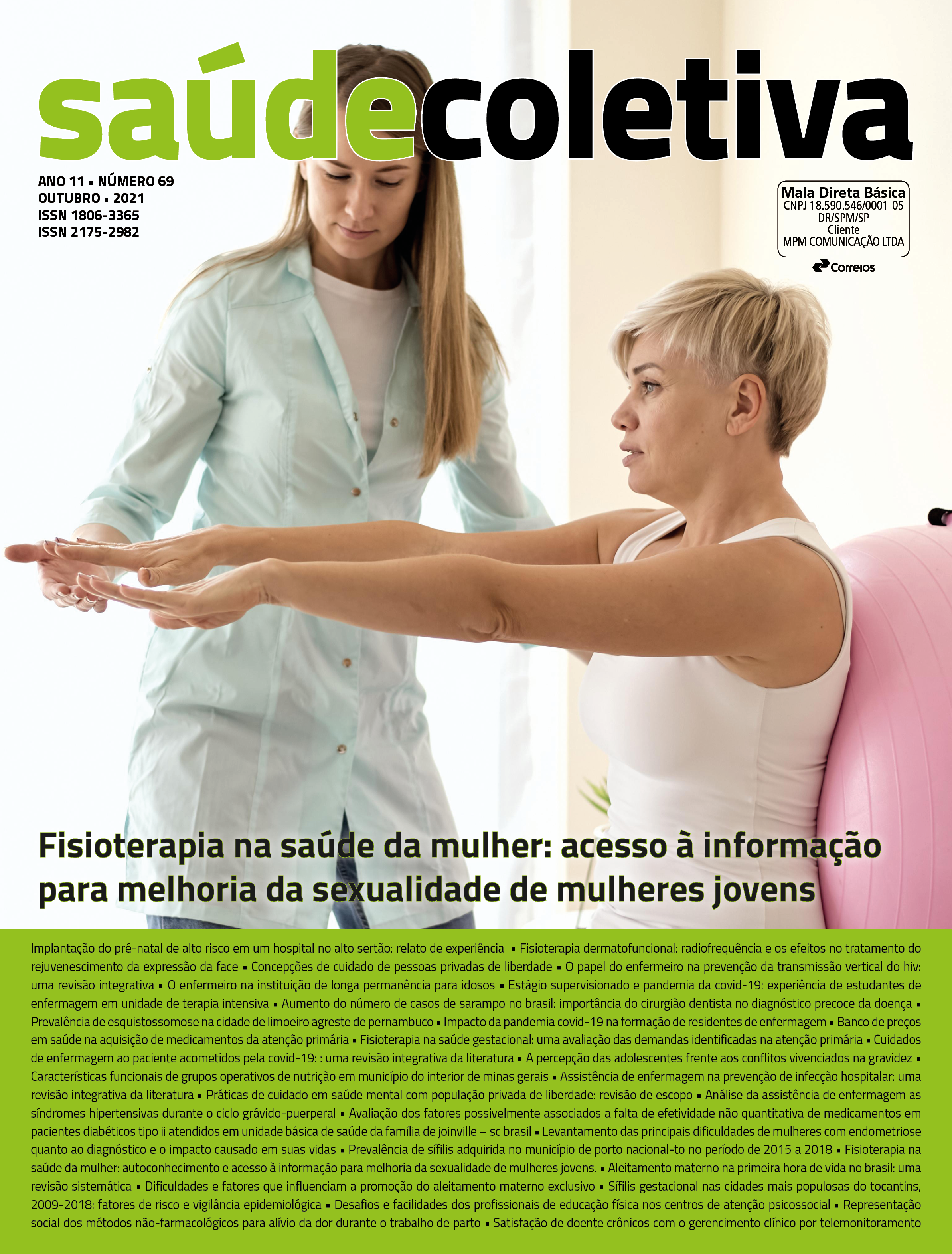Falta de efetividade não quantitativa de medicamentos para diabetes: aspectos da farmacologia clínica e química-farmacêutica
Palavras-chave:
Diabetes Mellitus;, Avaliação de Eficácia-Efetividade de Intervenções;, Tratamento Farmacológico, Sistema Único de Saúde.Resumo
Objetivo: problematizar e alertar para as questões não quantitativas envolvendo o não sucesso terapêutico em pacientes com Diabetes Mellitus II (DM II). Método: o estudo realizado em duas Unidades Básicas de Saúde da Família (UBSF), localizadas na cidade de Joinville, Santa Catarina - Brasil. A população estudada correspondeu à usuários de medicamentos crônicos de DM II; em tratamento medicamentoso e com registro em prontuários de atendimentos. A coleta de dados se deu por meio de entrevista e análise de prontuário. Resultados: Um total de 222 pacientes, entre 42 e 82 anos foram selecionados no estudo. A análise da presença de fatores que levam à falta de efetividade não quantitativa (FFENQs) resultou em uma média de 3,09 causas de não efetividade por paciente. Conclusão: FFENQs estão presentes, principalmente em pacientes recém diagnosticados e em situação de polifarmácia, também tendo a idade como fator contribuinte. Novos estudos ajudaram a melhor compreensão deste fenômeno.







